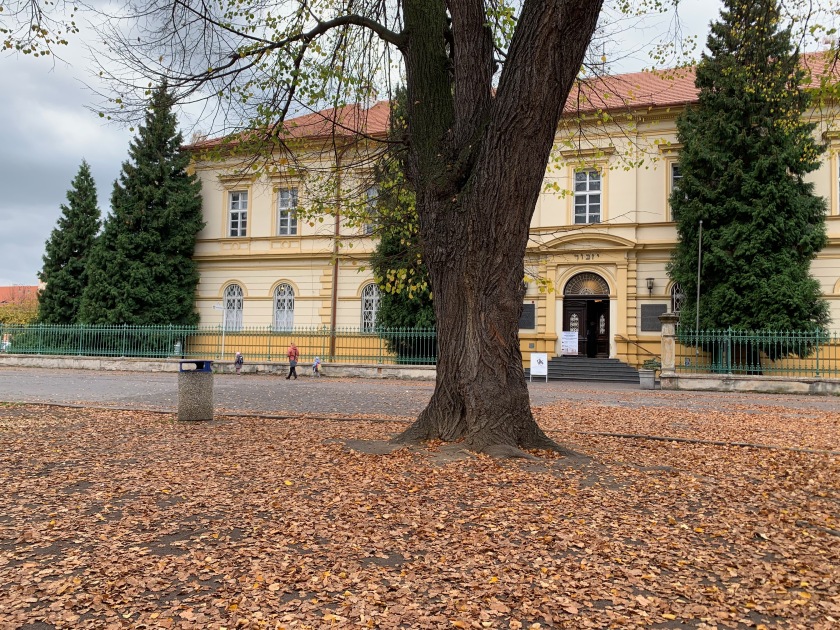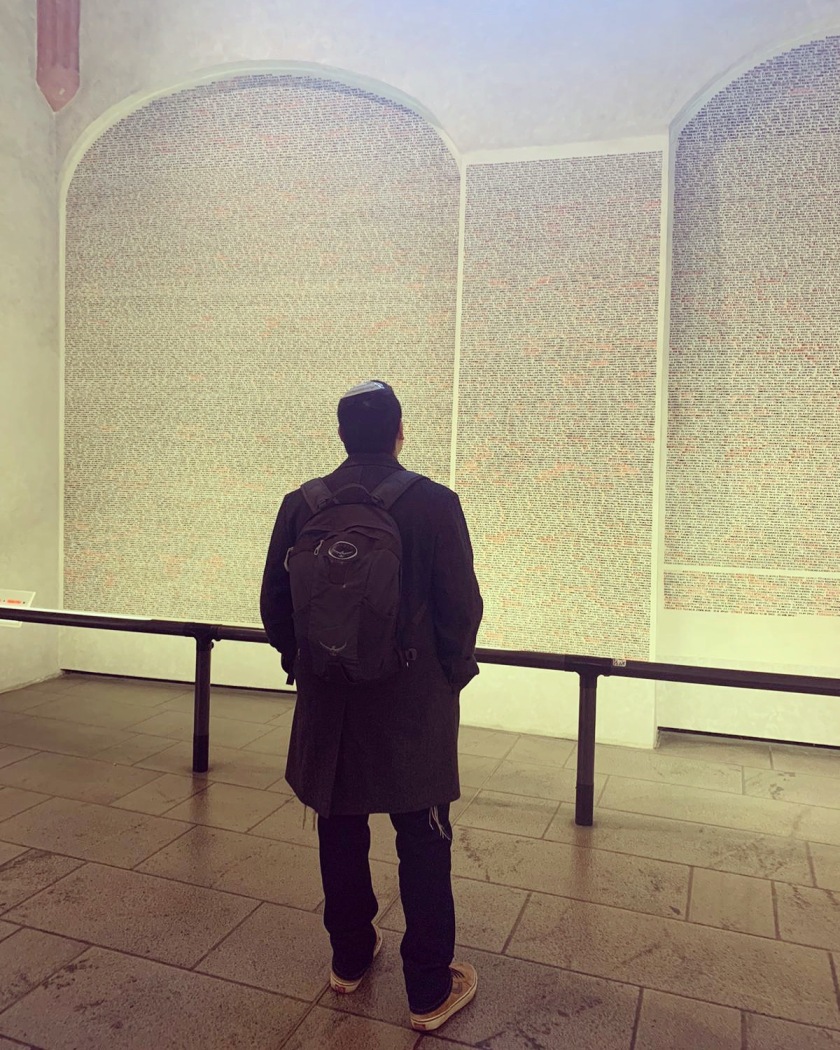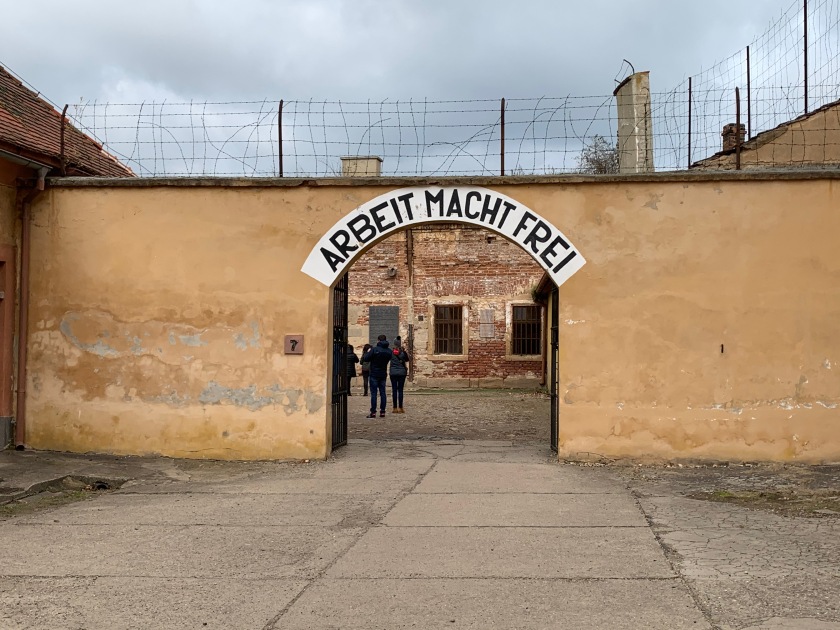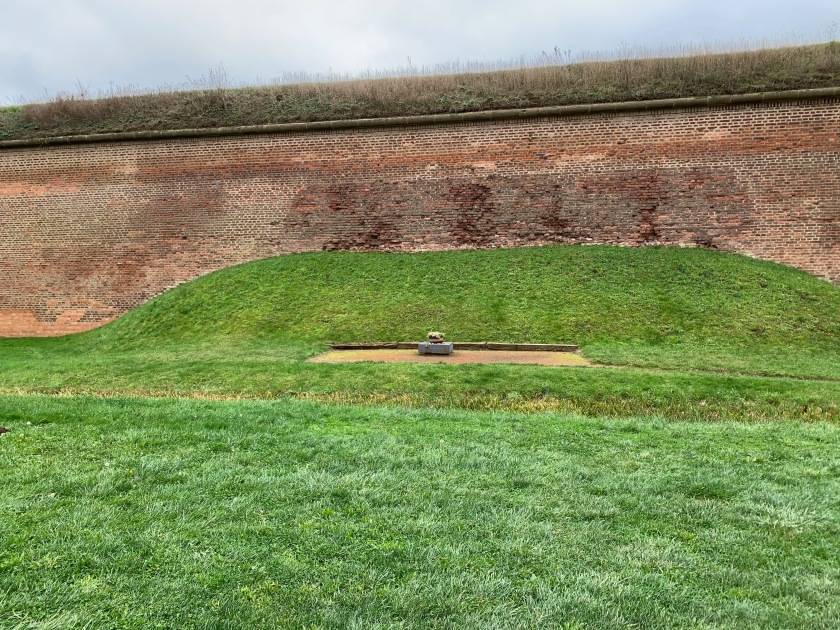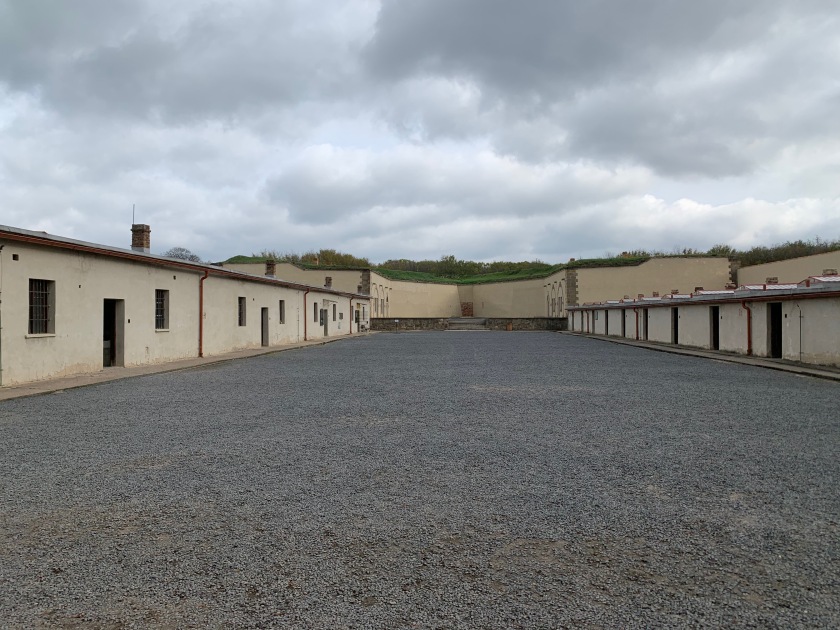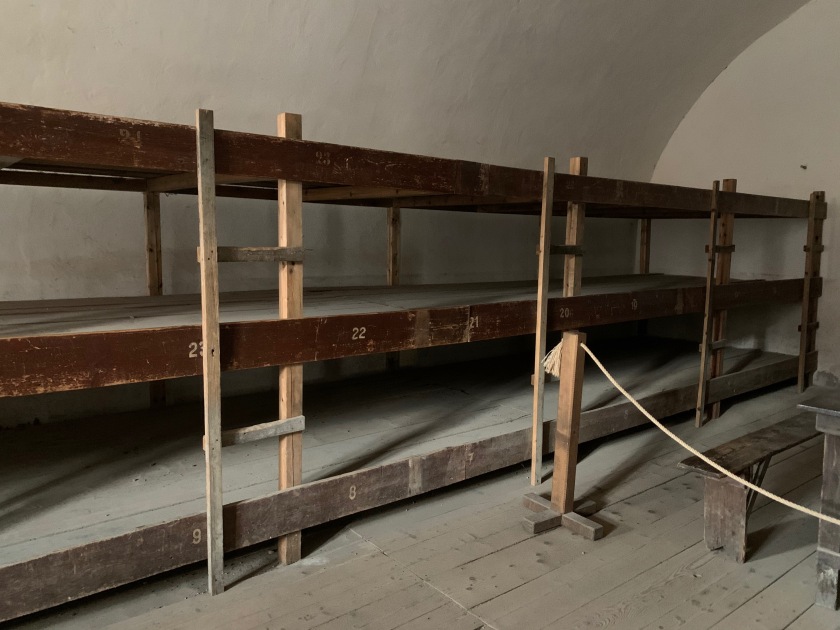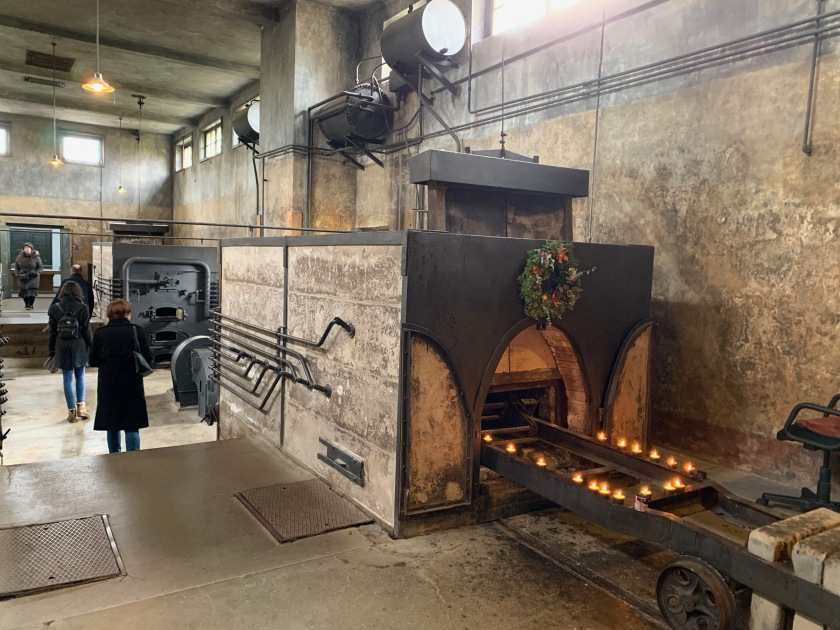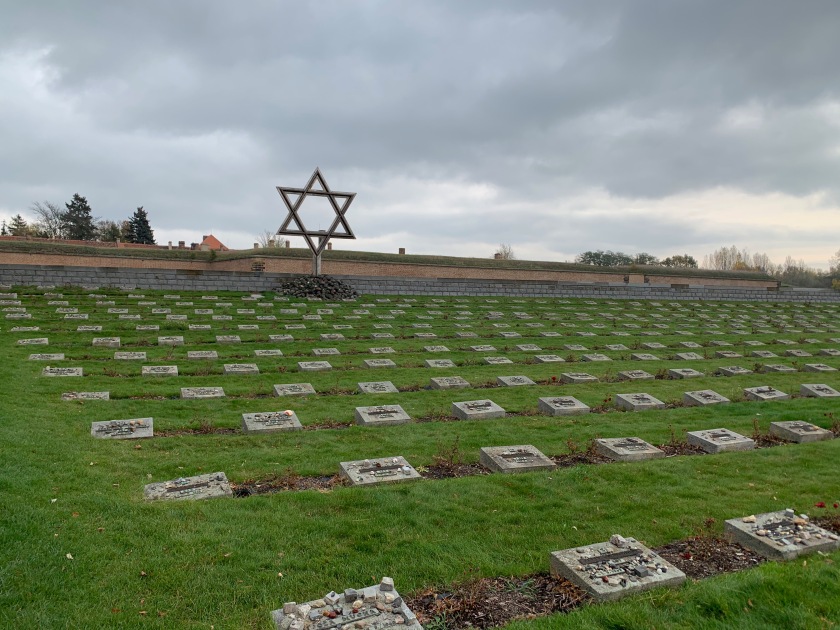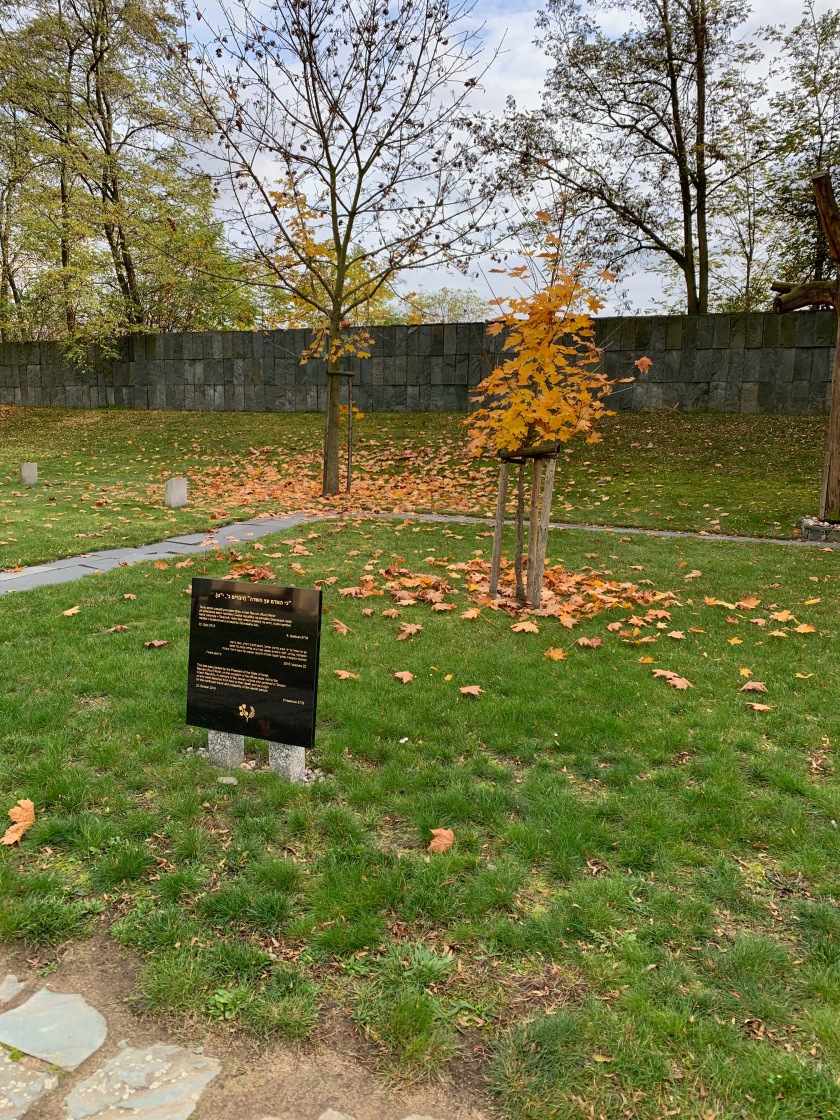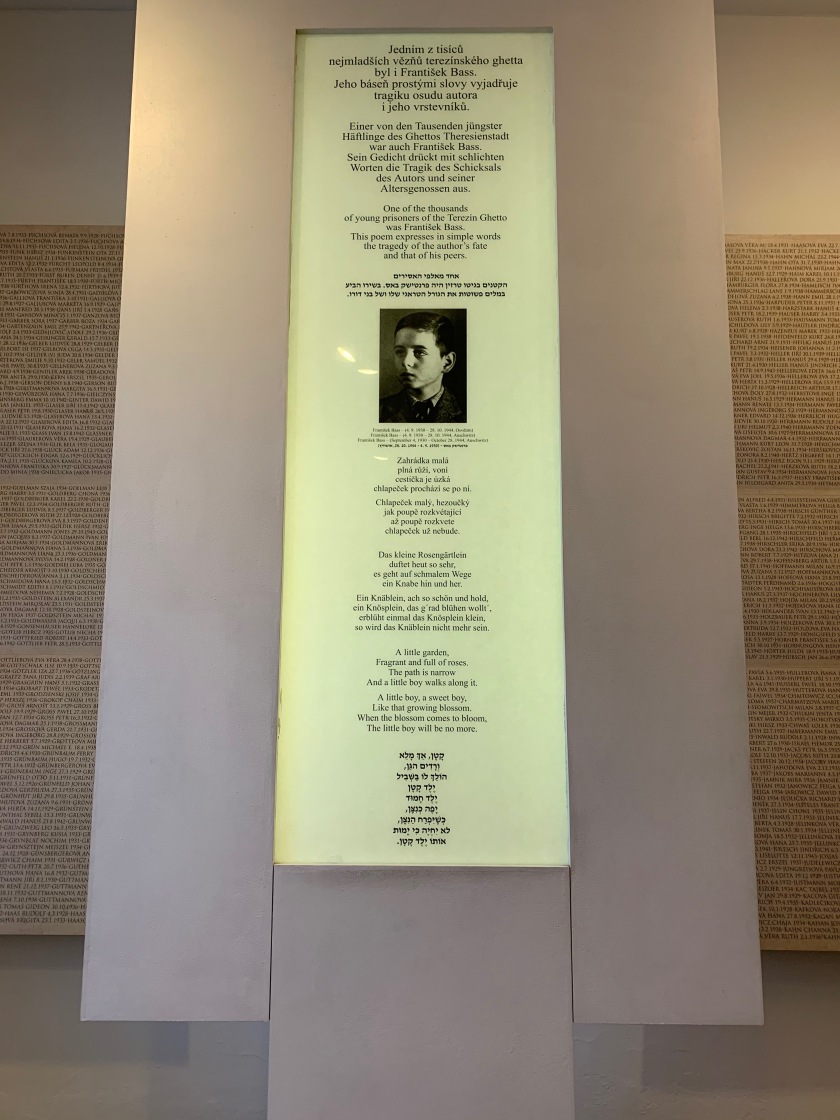Someone once wrote about making Aliyah that you feel simultaneously at home and homesick at the same time. Living in that strange in between space of feeling like you belong and missing everything you left behind. When you move here, you come to the place you’re meant to be; but being home could never change the years of life you spent making something outside the land.
Tomorrow it’s Thanksgiving in America, and I can’t help but feel the loneliest I’ve ever felt in this country. Thanksgiving was my favorite holiday on the secular calendar. I remember every Thanksgiving I got to spend with my family, making food with my mom, eating a Filipino Thanksgiving in San Francisco, and frying turkeys to feed my friends. I asked my wife to marry me after coming home from one of those family dinners. I loved posting videos and pictures of my turkey escapades, making a few converts to the fried life along the way; but now those memories popping up on my notifications only to serve to remind me of the people and the life I left behind. They remind me of the people I love that are now several thousand miles away, friendships and relationships stretched over an ocean and time zones that shift days and nights.
After my mom died, I felt like I had lost everything. I felt completely alone in the ruins of our lives. I remember sleeping in my room in her old place, just me, and crying myself until I was numb enough to sleep into restless sleep. I had people around me, my family and friends, but I felt like I was caught in a haze that shielded me from every source of light around me.
Slowly, I made friends and rebuilt my life. I found a community that accepted me, madness and all, and friends that gave me everything they had and more. People that I love, shoulders that I cried on, ears that listened as I howled and screamed out against everything above and below the heavens. I made myself a pillar of the community. One of the rabbis at my synagogue actually told me that I was the conscience of our community, that I spoke truth bravely and bared my heart and soul to others. I felt like I had made it.
And then I left it all to come here.
I don’t have any regrets about coming here, at least not yet; but I definitely feel tonight what I’m missing, what I gave up, what I sacrificed, and what I abandoned. It’s nights like this that someone like me could easily lose sleep to a night of despair and the nonstop reel of regrets that plays in my mind when I feel the downward swing coming.
There’s something though that gives me some kind of strength. Yesterday was Sigd, the Jewish holiday brought to Israel by the Ethiopian Jews after their Aliyah. It’s a holiday that celebrates commitment to the Torah and unity as one people. It’s a unique holiday, now officially a State holiday, that more and more Israelis of non-Ethiopian background are beginning to mark.
I can’t go a day living in Haifa, in the Krayot especially, without seeing Ethiopian Jews. I know that anyone old enough to have a grown child came on one of the missions to save the community and bring them home to Israel. Along that journey, countless lives were lost in the long marches and treks to get to a place where an airlift was possible. Many more died waiting to be brought home. I look at those older men and women and wonder what they saw on their way here, whether they lost someone along the way. While I’ll never know their stories, or at least until my Hebrew gets better, I always see something that makes the Ethiopian Jews here stand apart from everyone else, both sabras and other olim: the smiles. Whenever I see Ethiopian women on the bus greet each other it’s always with a smile. Every chance encounter with someone they know brings out this amazingly deep and beautiful smile.
I look at those smiling women and hope that I have half their strength. That as much as I feel alone, away from my friends and family back in the states, at least I had an easy time getting here. If that woman could survive getting here, and still be able to have a smile that I struggle to have on a good day, then maybe I can make it too. Maybe it’s fate that these two holidays fall back to back this year, my first year in the land, to give me the strength to persevere through the loneliness. I didn’t do anything to mark the day, but I feel it’s effects. I am here because I believe that the same Torah that G-d gave us to bring light into the world is the same one that tells me to be here, and the same one that brings everyone in this land together. This country is filled with men, women, and children from every corner of the globe, a homeland for a people dispersed, a home for a family spread apart.
So tomorrow, I’ll still host my Thanksgiving dinner. I’ll hang my Stars and Stripes, and serve the best damned smoked turkey this side of the Atlantic. I’ll be outnumbered by three South Africans and a Russian, but that’s what both Sigd and Thanksgiving would want me to do. Remember who I am, why I committed to come here, why I believe that I must be here, and to be thankful that I am in this place at this time. G-d blessed my journey here, and I hope that His continued blessings will help my family flourish here. Life is just starting for me here, and I’m going to make the most of it. Tomorrow, before I carve the turkey, I plan on saying a l’chaim just to the fact that I am here, that I am making friends, and that I’ve rejoined the Jewish family here in our own country; but I’ll make one more too. That as much as I will grow here, I will never forget the family and friends I have around the world that made this all possible for me. Without them, and their love and support, I never would have even made it to the plane.
Happy Thanksgiving y’all, sending love to all of my family and friends, wherever you may be.

